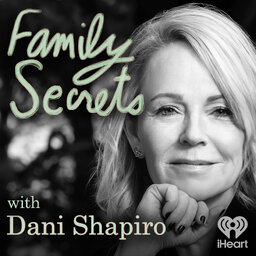Outwardly, Susan Burton had it all—a degree from Yale, a thriving career, a loving husband and kids. Inside, Susan waged a war on herself, using food as a way to exert control over the discomfort she felt in her own skin.
Learn more about your ad-choices at https://www.iheartpodcastnetwork.com
 Family Secrets
Family Secrets


